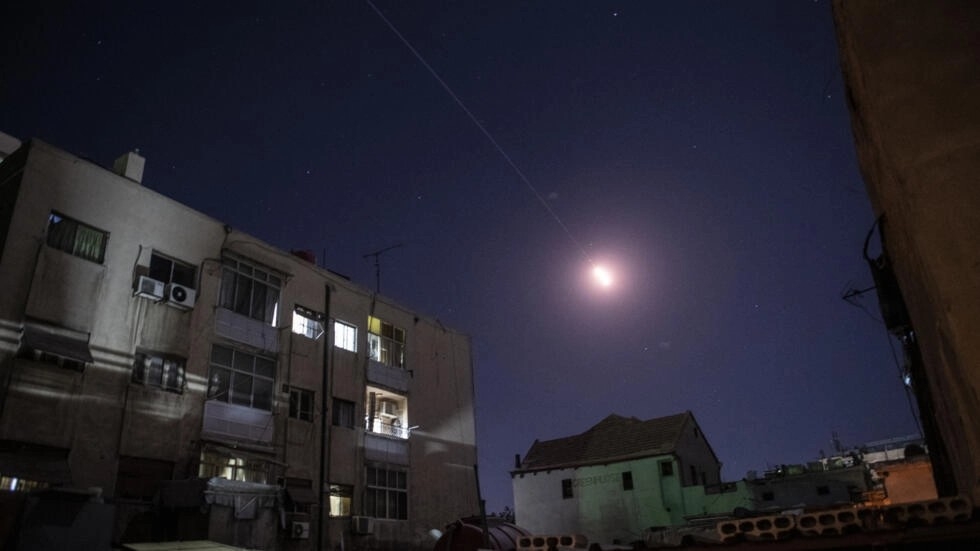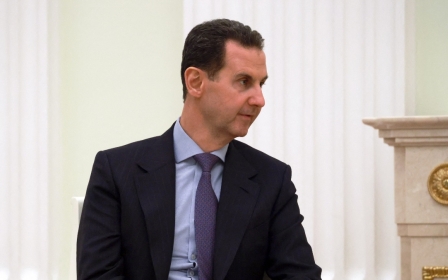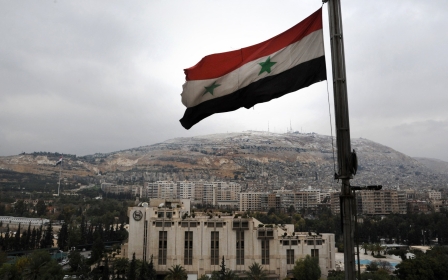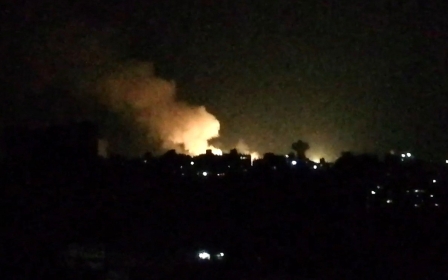Syria: 'Two civilians killed' as suspected Israeli missiles strike Damascus

Israeli missile strikes hit the Syrian capital of Damascus early on Tuesday, said state news agency Sana, which quoted a military source as saying at least two civilians were killed in the incident.
“At exactly 12:15 am today, the Israeli enemy carried out an air assault with bursts of missiles from the direction of the occupied Syrian Golan,” the military source told Sana.
The statement added that Syrian air defences intercepted “most” of the Israeli missiles.
The latest attack is the fourth in less than one week on Damascus and its surrounding areas.
On Sunday, two Iran-affiliated fighters were reportedly killed and five Syrian soldiers wounded in an Israeli air strike.
New MEE newsletter: Jerusalem Dispatch
Sign up to get the latest insights and analysis on Israel-Palestine, alongside Turkey Unpacked and other MEE newsletters
On Thursday and Friday, several missiles targeting the capital were reportedly launched from the Israeli-occupied Golan Heights, in an attack that wounded several soldiers.
The Israeli military has made no comment following the latest attacks, a stance it has maintained following previous assaults on Syria.
In recent years pro-Iranian militias have expanded their influence in Syria's northern Aleppo province.
Israel has conducted hundreds of air strikes in Syria since 2011, targeting Syrian troops, Iran-backed fighters and Hezbollah. However, attacks targeting airports and paralysing aviation have become more frequent in recent months.
At the start of this year, the suspected Israeli strikes attacked Damascus international airport, putting it temporarily out of service and killing two Syrian soldiers.
Last month, at least five people were killed when suspected Israeli air strikes hit residential neighbourhoods and other locations in Damascus.
In February, the Aleppo international airport was also attacked, twice putting it out of service.
Middle East Eye delivers independent and unrivalled coverage and analysis of the Middle East, North Africa and beyond. To learn more about republishing this content and the associated fees, please fill out this form. More about MEE can be found here.




